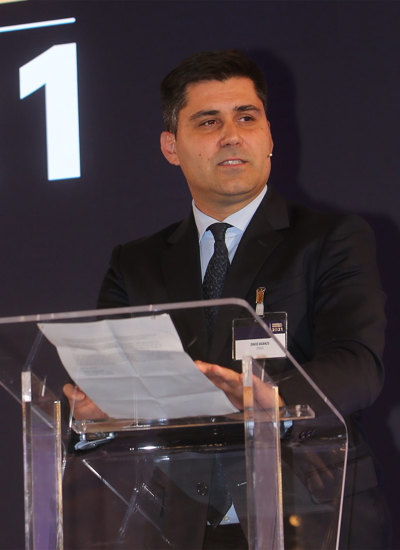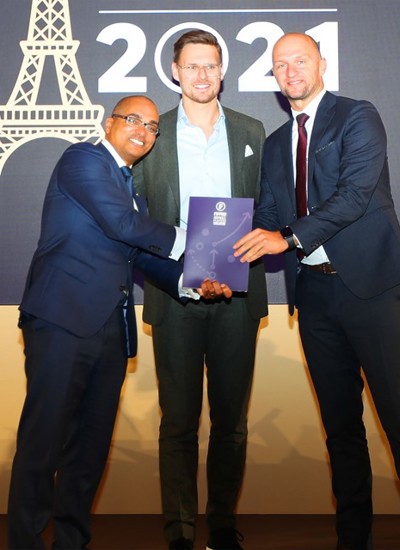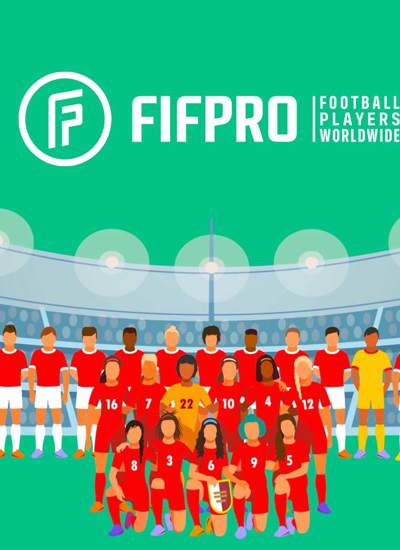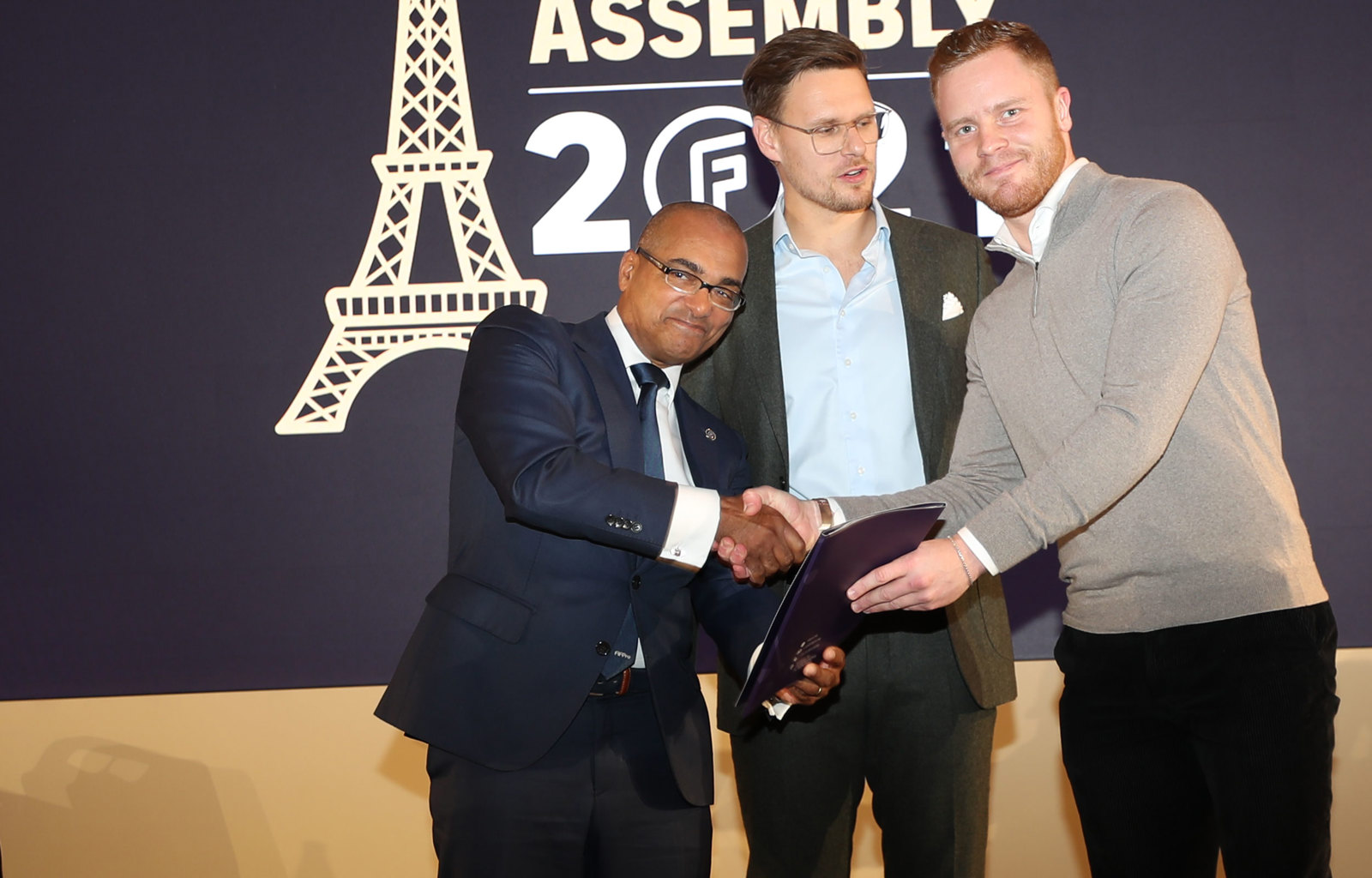
Former player Arnar Sveinn Geirsson is the president of the union. Here he talks with FIFPRO about the major challenges for the organisation.
Founder and current general secretary Kristinn Björgúlfsson asked him to become president in 2019 when he was a right back for champions Valur.
Björgúlfsson was impressed by how Geirsson spoke publicly about his mental health problems. “He said I represented myself very well and asked me to do the same for the union.”
The 30-year old Geirsson is also working full-time as a human resources manager and studying for a master’s degree in Behavioural and Organisational Psychology.
“Sometimes it’s very difficult to combine all three tasks, but it is also a matter of finding the right people who can help you. And it is a mindset, as these are things I care about and make me a better person.”
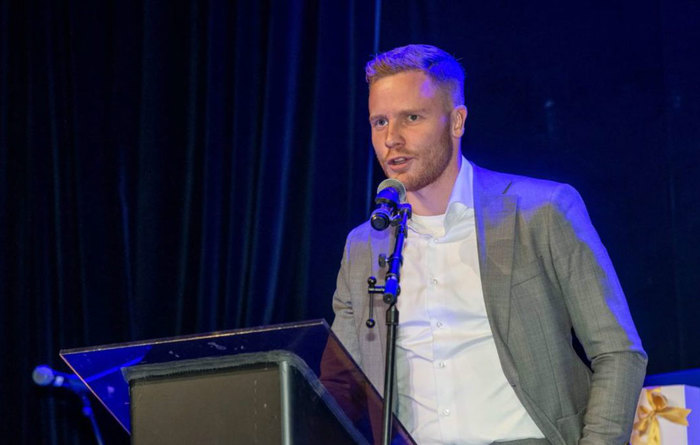
Since Geirsson, the son of a former handball player, became president, he has focused on optimizing the organisation: creating the right structure, improving statutes, organizing general assemblies, and being more present in media.
“I want to create an environment where players’ voices are heard, where they feel safe, feel a sense of belonging, and know that their well-being is protected.”
With a lot of help from the board, he also managed to get the union included in conversations with other stakeholders in football when it concerns players. “We are now way more relevant than we were before. The football association and the league are listening to our voice.”
With a population of approximately 360,000, Iceland’s Urvalsdeild is not one of the richest football leagues. “Most teams in the top division, both men and women, train as professional teams do. But players’ salaries are often lower than those from regular jobs.
“I urge all players to be a member of the union, because a strong union will benefit all players in the long run”
“Eight out of twelve teams in the league have some players who can live of their earnings from football. But some players are students, many have a part-time job and some players even have a full-time job, like I did.
“That is often a personal decision, as these players want to be prepared for life after football. They know it is hard to get a job in Iceland if you leave football and don’t have working experience or an education.”
Top of the union’s “to do” list is arranging for players to have an employment contract. “This is a very big issue for us,” Geirsson said. “It’s embarrassing, that we still have players in our country working as contractors. Every player in Iceland should have an employee contract, and the FA should make it as a requirement.
“Not having such contract creates problems as we noticed during the Covid-19 pandemic. Companies received financial support from the government to pay salaries of their employees. However, because players were not considered employees the government didn’t hand out any grants to clubs. Salaries were cut between 10 to 50 percent, and some payments arrived very late.”
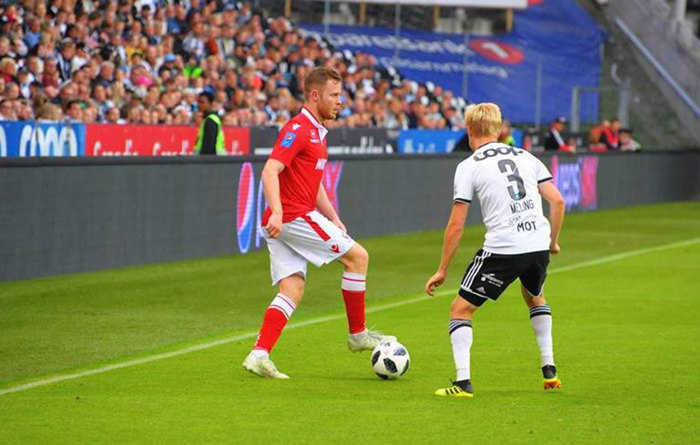
Geirsson is discussing the players’ working status with the clubs and the football association, and he hopes to be successful soon. ”This would solve a lot of problems for our players, but unfortunately this is taking much more time than I expected. This shouldn’t be a discussion in a country that likes to compare itself with other Scandinavian countries, for example.”
“We are advising players to only sign a contract with a club if it’s an employment contract.”
The LSI has around 300 men’s and women’s football members. The board of the union has more women than men: four against three. The best-known board member is Sara Bjork Gunnarsdottir, captain of the national team, two-time sports personality of Iceland and Champions League winner with Olympique Lyonnais.
“The players union is very important for all players,” Gunnarsdottir said. “It looks after the players’ interests and makes sure that they can always seek help and advice from them regarding contracts or other matters.”
“I urge all players to be a member of the union, because a strong union will benefit all players in the long run.”
Now the LSI is a FIFPRO candidate member, a step on the road to full membership, it will receive some funding and Geirsson expects it can improve its services to players.
“Until now it was all voluntary work. Now we have some funds, we can start working on more projects. We want to make more players aware about the importance of preparing for life after football, and we want to offer more support for their mental well-being.”
